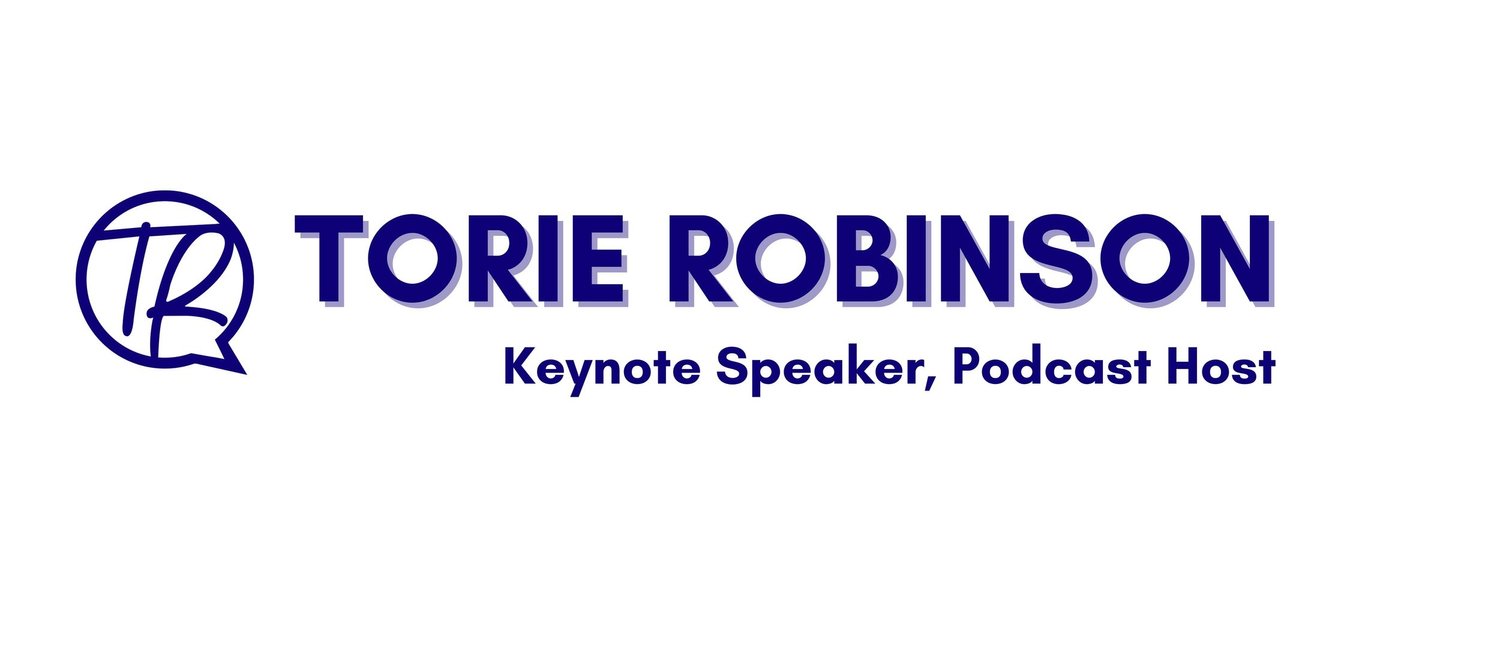Why I’m so often tired
You know when you fall asleep on the train to and from work/school? Or when you almost fall asleep at your desk?
Loads of illnesses can cause lethargy. With epilepsy, it’s not the diagnosis itself that causes it, but instead it tends to be the seizures, the medications, and often the all-too-common comorbidities including sleep disorders and psychiatric illnesses.
Medications & mental health
As for so many people, as soon as I started Anti-Seizure Medications (ASMs), overnight I went from being an energised sprinter to a ghost who attempted eyelid-opening.
“I went from being an energised sprinter to a ghost who attempted eyelid-opening.”
No one told me when I was growing up that it was my ASMs and my mental health issues (the latter being undiagnosed back when I was little), that were making me tired. I believed that everything was my fault.
Not having it explained to me that the drugs (and seizures) caused my ongoing fatigue, and not receiving emotional support (well, quite the opposite); meant that I believed that I was lazy and deserved to be punished for it. Indeed, as an adult, I still today need my logical, supposedly-mature-side to correct these irrational thoughts at times. This does however take energy - levels of which, I’m not overwhelmed with. 😄
Growing up at school is challenging for everyone. But when you’re doped up with ASMs, it can be really tough. The one time (that I know of) that I did fall asleep in class was embarrassing, to say the least. To be fair though, the teacher was incredibly boring…
“School is hard for everyone. But when you’re doped up with ASMs, it’s really tough.”
Due to the exhaustion, I had to choose between attaining a significantly limited (compared to prior ASMs) level of academic performance or having a social life. Due to family pressures and the fact that my confidence was so low, the “decision” was easily made: I generally holed away with textbooks and slept. Ha: I even slept on the bus on the way to and from school!
The mental health issues often going hand-in-hand with epilepsy can be exhausting (in fact, some ASMs can bring on mental health issues - but some can help them! For instance, Lamotrigine is a mood-stabiliser as well as an ASM). Ask anyone you know who’s experienced anxiety and depression how it has impacted their energy levels. These conditions can be draining, negatively affect learning abilities, levels of efficiency, accuracy, communication, and more.
“The mental health issues often going hand-in-hand with epilepsy can be exhausting.”
You can understand from the above alone why some people make the rather silly decision of deciding to reduce their drugs themselves, or even come off them entirely (without consulting a medical professional). Before you ask: yes, I did this (many years ago), and yes; I had a cluster of seizures as a result. Do I consider that decision silly? No, I consider it idiotic - but I do empathise with my former self. And no, I haven’t ever and I will not ever do it again!
“Do I consider that decision silly? No, I consider it idiotic.”
I’ve come to accept, albeit very reluctantly, that I am a cognitively-impaired, often tired person taking ASMs. Acceptance is hard – especially when you’ve lost the life you once had or planned. But, at the end of the day:
Not taking my prescription would mean:
More seizures
More severe seizures
More injuries
An increased risk of SUDEP and other forms of early death
An increased cost to the NHS
Unnecessary stress on those who care about me
Taking my prescription means:
The opposite of the above
The ability to plan my life more effectively
Loads of other things I can’t remember right now (thanks ASMs!) 😄
Thoughts
Whilst writing this, I have been thinking of how the tiredness of many people taking ASMs can affect the ones they love. Today I had a conversation with a mum whose baby son has epilepsy. Parents often worry about how ASMs can be affecting their child’s memory and consequently their learning capabilities and neuropsychological function. Carers consequently often need emotional support.
Adults newly diagnosed with epilepsy often feel embarrassed and depressed because they can have their professional, social, and personal lives impacted negatively by the exhaustion caused by ASMs. Hence, they need people in the aforementioned brackets to understand a bit about epilepsy and be supportive.
I do have a friend with epilepsy though who hardly feels any side-effects of her ASM. Her career is going great, she is in a good relationship, she is planning her first child (she’s on one of the safe medications for pregnancy), and she remembers my name!*
Another friend of mine does feel some side-effects of her ASMs but they are limited, and last year she trained for a new career as a teacher and is doing amazingly!
I note that in this blog I haven’t even mentioned the exhaustion caused by the seizures themselves. I’ll talk about that in an upcoming blog. One thing at a time n’all. Gosh, I do wish that epilepsy was so simple that it could all be contained in one blog…. Sign up here and I can send future ones straight to your inbox.
Torie Robinson
Keynote Speaker, Podcaster, Epilepsy Sparks CEO, Editor, Writer, et al.
*If I ever remember your name and have not known you for over 5 years, sincerely: take that as a compliment.
Note:
Lots of people don’t have OTT side-effects from ASMs which is brilliant. I’m not at all envious…
ASMs affect people differently, with variants including dosages, consumption of other drugs, genetic makeup, other illnesses, and more.
Speak to your doctor/neurologist about your meds but don’t worry and don’t expect all the potential side effects!
Sign up for my blog and newsletter here



